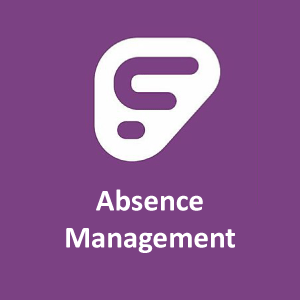


Gus Archie Scholarship
Gus Archie (1907 - 1978), a pioneer in the area of formation evaluation, developed the fundamental quantitative relationships among porosity, electrical resistivity, and hydrocarbon saturation of rocks that laid the foundation for modern log interpretation. His study, entitled "The Electrical Resistivity Log as an Aid in Determining Some Reservoir Characteristics" (Transactions of AIME, 1942), is a milestone in petroleum technology. Archie is credited with coining the term "petrophysics," and his fundamental formula is known throughout the industry as the "Archie Formula."
A native of Wisconsin, Archie earned an MS degree in mining engineering from the U. of Wisconsin in 1933 after receiving BS degrees in mining and electrical engineering. He joined Shell Oil Co. the following year as a Production Dept. trainee in the mid-continent area of the United States. After numerous field assignments, Archie was promoted to chief logging engineer with the Technical Services Div. in 1951 and to assistant manager of Production Technical Services in 1956.
He became manager of the Exploitation Engineering Dept. of Shell Development Co.'s E&P Research Div. in 1958. He was named assistant to the vice president of that division in June 1966 and held that position until his retirement Nov. 1, 1967.
Archie received SPE's Lester C. Uren Award in 1964 and AIME's Anthony F. Lucas Gold Medal in 1978 in recognition of his pioneering achievements. His death saddened the hearts of many who knew him as a friend and teacher, as well as an exceptional engineer.
+1.800.456.6863 (toll free)
$20,000
This is a merit based scholarship. Recipients are typically in the top 3% in both class ranking and standardized test scores.
- Must intend to enroll in petroleum engineering in a recognized university program according to your country or region, leading to an undergraduate degree in petroleum engineering
- Must become an SPE member once eligible
- Comply with sanction policy
- Complete the electronic application submission process










